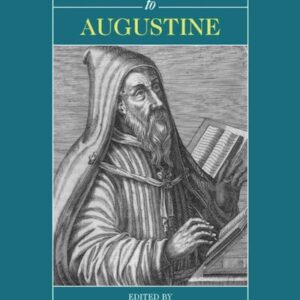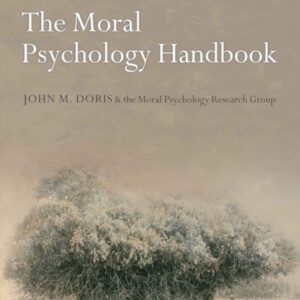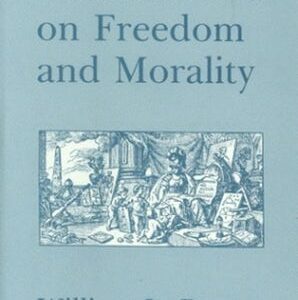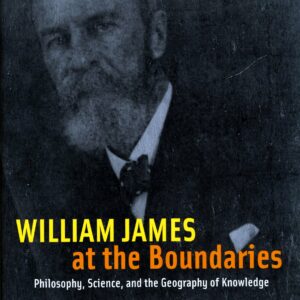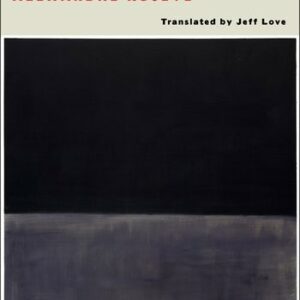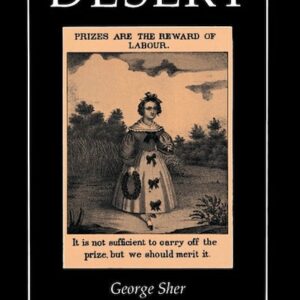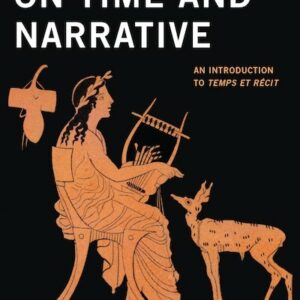
Ricoeur on Time and Narrative: An Introduction to Temps et récit
By William C. Dowling (NHC Fellow, 1979–80) “The object of this book,” writes William C. Dowling in his preface, “is to make the key concepts of Paul Ricoeur’s Time and Narrative available to readers who might have felt bewildered by the twists and turns of its argument.” The sources of puzzlement are, he notes, many. For some, … Continued

